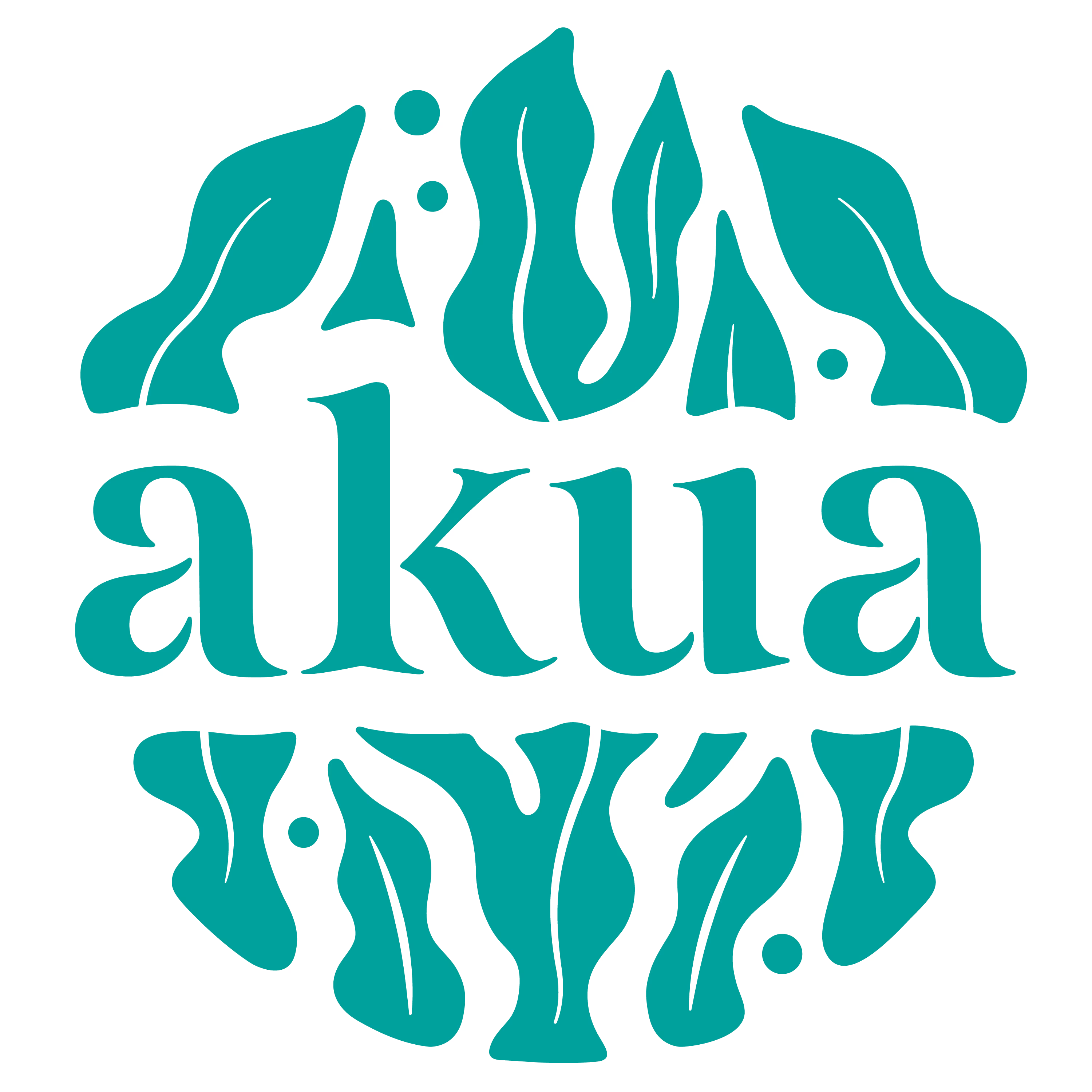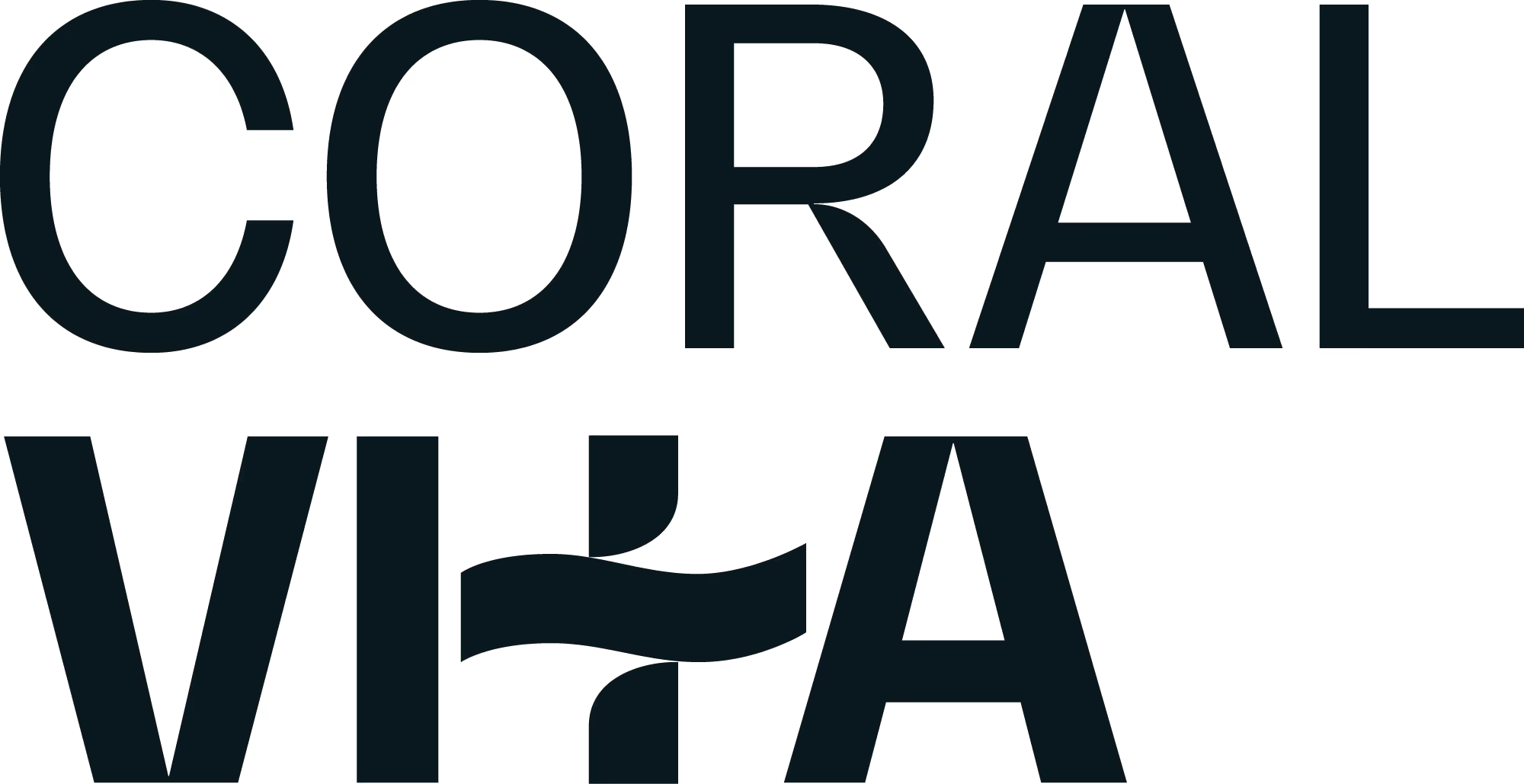Sustainable Ocean Alliance (SOA) activates young people, develops and implements innovative solutions, and mobilizes an ocean workforce to restore the health of the ocean in our lifetime.
Since founded by Daniela Fernandez in 2014, SOA has built the world’s largest network of young ocean leaders and supported innovative startups, nonprofits, and grassroots campaigns dedicated to solving the greatest threats facing our planet.
Two years ago at the World Economic Forum, we shared our vision with the world, and Salesforce Chair and Co-CEO Marc Benioff challenged us to accelerate 100 solutions by 2021.
Today, SOA is proud to announce that as of 2021, we have more than doubled our initial goal: we have accelerated 222 startups, nonprofits, and grassroots initiatives all over the world, each dedicated to restoring and sustaining the health of our ocean.

The Ocean Solutions Accelerator helps entrepreneurs launch for-profit ocean solutions for a sustainable blue economy by providing funding, mentorship, and other critical resources to scale their ventures and amplify their impact.
The Ocean Leadership Program (OLP) holistically supports over 6,000 global participants with the resources and networks they need to build ocean-healing solutions and to reach their full potential as ocean leaders. The OLP awards Microgrants of up to $15,000 USD to outstanding youth leaders to execute and scale their projects, and provides 72 youth-led Hubs with leadership and programmatic support.
Together, these 222 solutions for ocean restoration have touched tens of thousands of lives, restored critical marine ecosystems worldwide, invented sustainable alternatives to plastics, pioneered cutting-edge technology to illuminate the mysteries of our deepest seas and much, much more.
Each startup, nonprofit, and grassroots initiative has focused its efforts across five key areas of ocean health impact.
Learn more, and explore all 222 solutions below.
IMPACT:
15,540 metric tons of CO2 reduced, avoided, or sequestered
The fight to address climate change cannot be separated from the drive to support solutions that address carbon removal and blue carbon ecosystem development. In 2020, 31.5 gigatons of carbon (CO2) were emitted globally, with 83% of the carbon cycle circulating through the ocean. Certain marine and coastal ecosystems—like tidal marshes, mangroves, and seagrass meadows—play a critical role in this cycle by sequestering and storing what’s then known as “blue carbon.”
These ecosystems are critical to climate change mitigation. Mangroves and salt marshes, for example, remove carbon from the atmosphere at a rate 10 times greater and store five times more carbon per acre than tropical forests.
IMPACT:
1,755 metric tons of solid waste removed, upcycled, or avoided
Each year, only 9% of plastic produced ends up recycled—which results in 10 million tons of plastic dumped into our oceans every year. That’s nearly equivalent to the weight of the entire human population. These pollutants are responsible for choking marine life, destroying both marine and coastal ecosystems, and polluting our own food sources.
Today, the average person ingests over 70,000 microplastics each year (that’s 100 pieces over the course of a single meal). The solutions in this category work to reduce and eliminate items like single-use plastics. Their work in turn helps to build the circular economy, which promotes the extension of product lifecycles and aims to decrease solid waste and pollution.
IMPACT:
89,128 square meters of blue carbon ecosystems protected or restored
In addition to sustaining marine life and the communities that depend on it, coastal ecosystems account for approximately half of the total carbon sequestered in ocean sediments. These may include coral reefs, mangrove forests, kelp forests, wetlands, and seagrass beds. Together, they serve as nurseries for marine organisms and as critical areas of blue carbon capture.
However, many marine ecosystems are experiencing degradation and destruction by human activities, which not only leads to species depletion, but also releases the critically stored carbon back into the atmosphere.
Solutions in this category have monitored 150,000 kilometers of coastline for climate change adaptation planning, detected 67,000 whales to avoid marine collisions, produced 150+ ocean literacy reports and media projects, hosted 260 events with more than 30,000 youth participants, and much more.
More than 80% of our ocean is unmapped, unobserved, and unexplored. In the United States, only 35% of the ocean and coastal waters have been mapped with modern methods. In order to inform policy decisions that ensure marine and coastal ecosystem sustainability—and to empower humans worldwide to take local action to save the ocean—we need reliable data sources, mapping, and consistent analysis.
Some projects in the category of ocean literacy, data, and research focus on data collection and analysis, while other initiatives are dedicated to fostering knowledge-sharing and creating local opportunities for action. All play critical roles in leveraging knowledge and technical skills to catalyze lasting ocean impact.
Every year, 30% of commercial fish stocks are overfished, while harmful fishing practices cause over 38 million tons of bycatch (the incidental capture of a non-target species). As a result, this institutionalized overfishing has contributed to a marked decrease in recorded marine species over the last 40 years.
Sustainable protein, fisheries, and aquaculture solutions address the challenge of sustainably feeding the world's growing human population without the continued exploitation of marine habitats and species.
SOA’s solutions in this area are varied, with many developing new, innovative systems of impact tracking. One Microgrant project is developing a supply chain around selling “gourmet” sea urchins in order to quell California’s invasive purple sea urchin population explosion. Another is piloting a CSA-style delivery service in the Philippines to support seasonal, sustainably caught seafood. Our Accelerator alumni are hard at work in this area as well, developing plant-based alternatives to seafood (think kelp burgers, kelp jerky, and cell-cultured tuna), net sensors to reduce bycatch, deepwater solar irrigation for seaweed farming, and more.
Microgrant
/
Indonesia
Pollution Reduction & the Circular Economy
Reny Septiani
Seangle Movement is a Paliu-local youth movement that aims to combat plastic pollution. They do this through their Waste Education House program, which gives youth art education, recycling/upcycling education, and English language education to cohorts of 30 elementary school students per year. They also have a waste collection point, and the funds from the sale of recycled materials go toward continued educational programming.
LEARN MOREMicrogrant
/
Indonesia
Pollution Reduction & the Circular Economy
Dicky Dwi Alfandy
This group hosted an ocean and waste literacy summit, the Lampung Youth Marine Debris Summit 2.0, with the theme “Youth and Debris, to Creative Eco-Economy”. The goal of the summit was to educate and empower Lampung youths to find a solution to marine debris through “creative economy.”
LEARN MORE
Startup
/
USA
Blue Foods (Sustainable Protein, Fisheries & Aquaculture)
Courtney Boyd Myers & Matthew Lebo
AKUA creates plant-based foods that can feed us sustainably while reversing climate change, and restoring health to our world's oceans. Products like their award-winning Kelp Jerky and forthcoming Kelp Burger are made from ocean-farmed kelp, which is one of the most healing and healthy forms of food on the planet.
LEARN MOREMicrogrant
/
Indonesia
Ocean Data, Literacy & Research
Muh Rifai Sahida
Pandemic Underwater Festival was a three-day environmental festival in November 2020 that aimed to build the awareness of people in Mamuju about plastic pollution, zero waste, and provide experiential learning. Mamuju Eco-Z Camp is a three-day program that educates 35 high school students on project leadership, and encourages them to start their own environmental campaign in their own schools.
LEARN MORE
Startup
/
Bahamas
Ecosystem Preservation & Restoration
Gator Halpern & Sam Teicher
Coral Vita grows climate change resilient coral up to 50x faster to restore dying reefs using a land-based farming model to scale up restoration, selling this service to customers who depend on the ecosystem services that reefs provide.
LEARN MORE
Startup
/
France
Pollution Reduction & the Circular Economy
Marion Padioleau
Blue Innov is a french company dedicated to the development of environmentally friendly innovations in the nautical sector. Their first implemaentation is an ocean-friendly antifouling innovation created by the dutch researcher Rik Breur.
LEARN MOREMicrogrant
/
Ghana
Blue Foods (Sustainable Protein, Fisheries & Aquaculture)
Eric Appiah Krampah
In affiliation with the African Centre of Excellence in Coastal Resilience at the University of Cape Coast, this program will isolate and culture local marine microalgae strains to serve as a food source for oyster larval rearing. The performance of these microalgae-fed larvae will be assessed in the laboratory and then transplanted to the field. This is being done in order to find a solution for the recent exploitation of the West African Mangrove Oyster.
LEARN MOREMicrogrant
/
USA
Ocean Data, Literacy & Research
Gemma Sahwell
This project aims to educate the average New York City resident about the ocean and marine ecosystems that the city interacts with and depends on. To enact these ocean literacy initiatives, the SOA NYC Hub will use these funds to make an interactive website, create pop-up exhibitions, do classroom demonstrations and in-person tours.
LEARN MOREMicrogrant
/
Spain, Ireland
Pollution Reduction & the Circular Economy
Alicia Mateos Cárdenas
This project carries out clean-ups and monitoring of litter and microplastics in the Sanguino River. Primary activities include cleanup and litter characterization, analysis of water samples for microplastics by infrared spectroscopy (FTIR), training citizen scientists to maintain fieldwork, and communicating project impact with local policymakers.
LEARN MORE